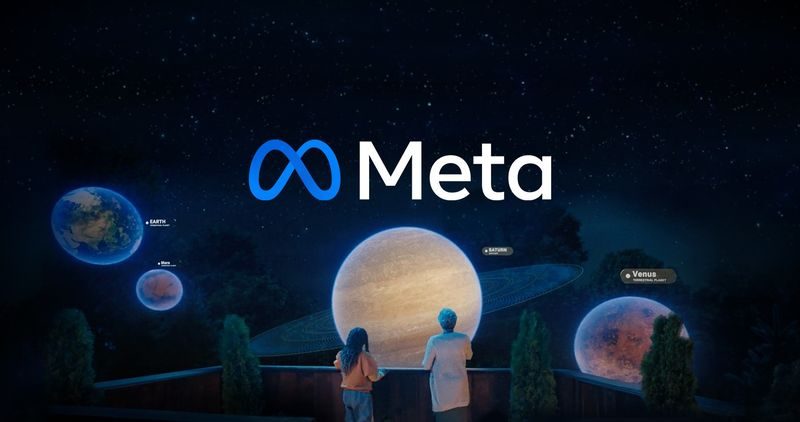Swift popularity of ChatGPT has opened the floodgates for multiple tech companies to catch up on the immense potential of AI-powered tools (especially properly functioning chatbots). ChatGPT’s popularity worried behemoths like Google and saw Microsoft invest in an AI-powered Bing and Edge (though Bing’s chatbot is far from perfect). Now, the chatbot battle got a new player by the name of Meta, which has entered the arena and looks to develop AI-powered tools.
In a post on Monday, CEO Mark Zuckerberg announced that the social media company will now create a new “top-level” product group – one that will focus specifically on generative AI to “turbocharge” the company’s work in this area. “We have a lot of foundational work to do before getting to the really futuristic experiences, but I’m excited about all the new things we’ll build along the way,” Zuckerberg added. According to a report by Axios, the new team that will be dedicated to building tools powered by AI will be led by Ahmad Al-Dahle, who has been the Vice President of Meta’s AI/ML and Core Tech business since 2020. The team will also be organized under Chris Cox, Chief Product Officer, Meta.
For those who are unaware, generative AI allows computers to create original content, such as images, videos, music, and even text. And unlike traditional AI, generative AI is trained to learn patterns and generate new, unique content based on that training.
From the look of it, the AI product team will be formed from the existing teams that are already working on generative AI, and will be coalesced to focus on the creation of “delightful experiences around this technology into all of our different products.” For the immediate future, the team will focus on building what Zuckerberg says are “creative” and “expressive” tools, though he did not elaborate on the matter. Over the long term, the team will go on to develop “AI personas” that are designed to help people in “various ways,” along with new AI tools across its apps and services.
Zuckerberg added that the company is “exploring experiences with text (like chat in WhatsApp and Messenger), with images (like creative Instagram filters and ad formats), and with video and multi-modal experiences.”
This development is hardly surprising, given the attention that the AI sector has been getting in recent times. Tech titans and well-capitalized startups alike have been embroiled in a race to further advances in AI and ML, especially when upstarts like ChatGPT have caused headaches for behemoths like Google. Many other companies are working on AI-powered chatbots as well – Snap announced on Monday that its Snapchat app would soon be getting a new “My AI” chatbot – powered by the latest version of ChatGPT. And recently, a report by The Information revealed that Elon Musk had been approaching researchers about the formation of a new lab to develop an alternative to ChatGPT and fight what he called “woke AI.”
Last week, Meta announced LLaMA, its new large language model, but it seems to be more suitable for researchers than the common masses. It will be interesting to see how Meta fares in this AI race – if a four-month-old chatbot can create such a furor and send waves across the industry, then all bets are off.
The Tech Portal is published by Blue Box Media Private Limited. Our investors have no influence over our reporting. Read our full Ownership and Funding Disclosure →






